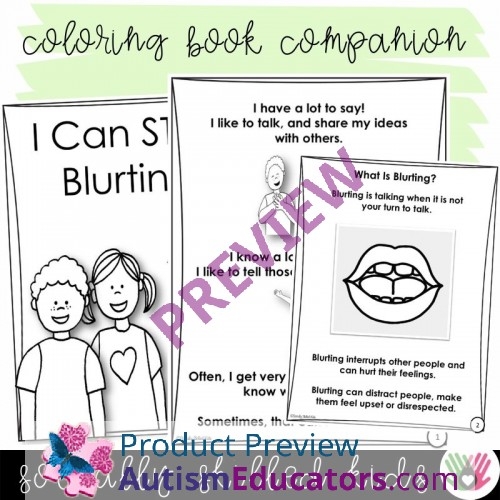Printable blurt cards are a helpful tool for educators, parents, and therapists to use in various settings. These cards are designed to improve communication skills, increase vocabulary, and enhance social interactions. They can be used in classrooms, at home, or in therapy sessions to help individuals express themselves more effectively.
Printable blurt cards are easy to use and can be customized to meet the specific needs of the individual or group using them. These cards typically feature a word or phrase on one side and a corresponding definition or description on the other. They can be printed on cardstock or laminated for durability, making them a long-lasting resource.
One of the main benefits of printable blurt cards is their versatility. They can be used in a variety of ways, such as in games, role-playing activities, or as conversation starters. By incorporating these cards into daily routines, individuals can practice using new words and phrases in context, leading to improved language skills over time.
Additionally, printable blurt cards can be a helpful tool for individuals with speech and language disorders. By providing visual cues and prompts, these cards can support communication and encourage verbal expression. They can also be used to target specific language goals, such as expanding vocabulary or improving articulation.
Overall, printable blurt cards are a valuable resource for promoting language development and enhancing communication skills. Whether used in a classroom, at home, or in therapy sessions, these cards can help individuals of all ages and abilities to express themselves more effectively and confidently.
In conclusion, printable blurt cards are a versatile and effective tool for improving communication skills and language development. By incorporating these cards into daily activities, individuals can practice using new words and phrases in a fun and engaging way. Whether used in educational settings or at home, printable blurt cards can make a positive impact on language skills and social interactions.
